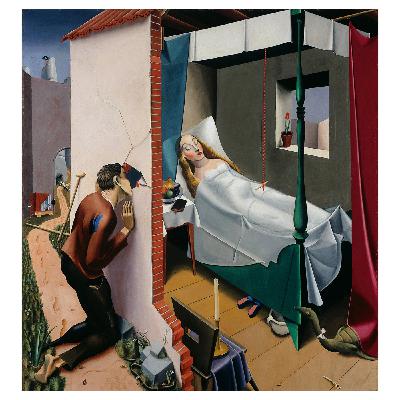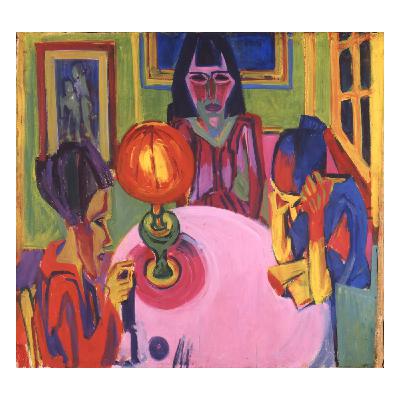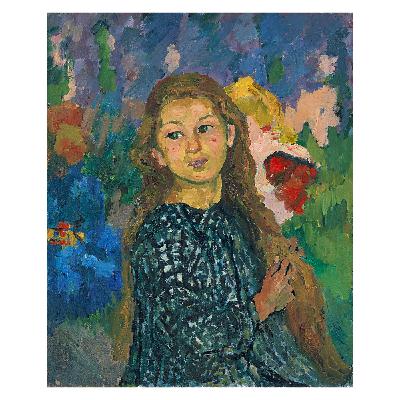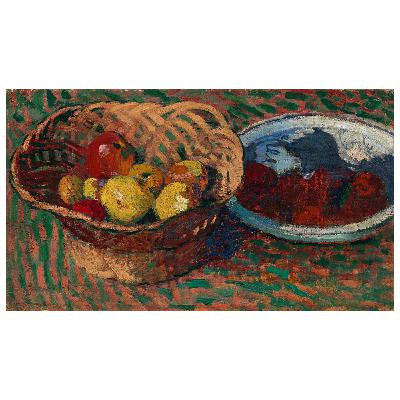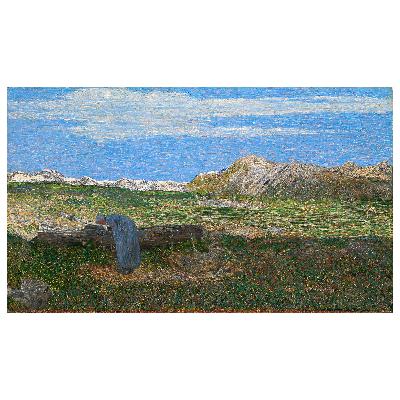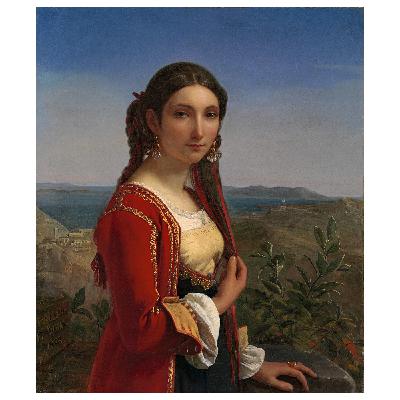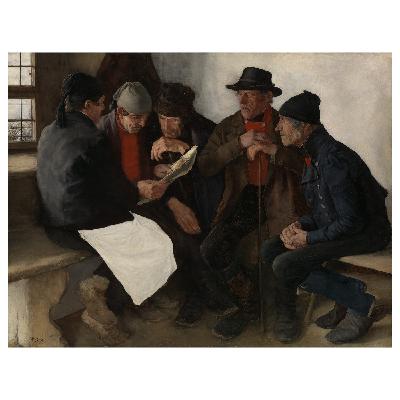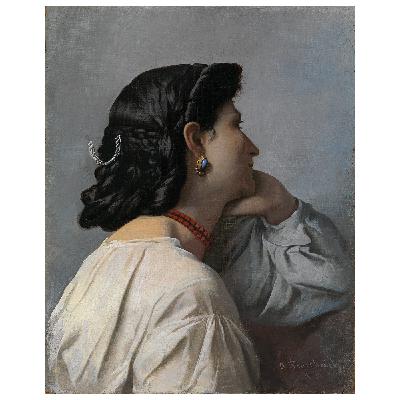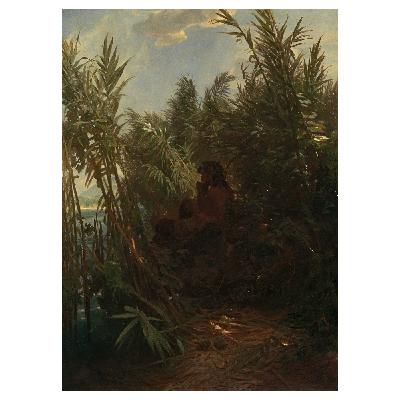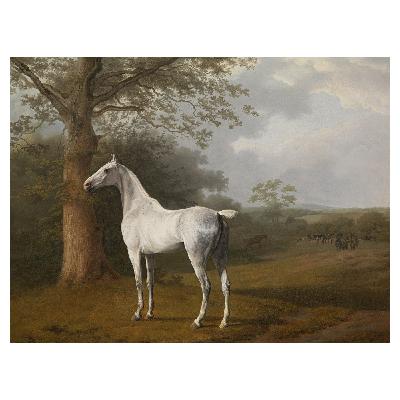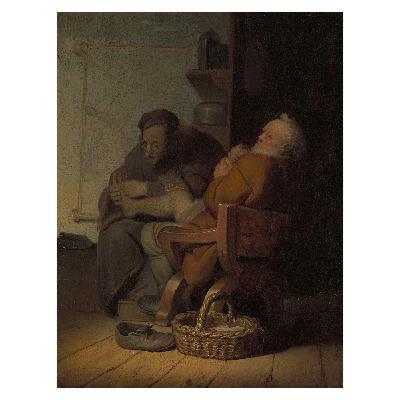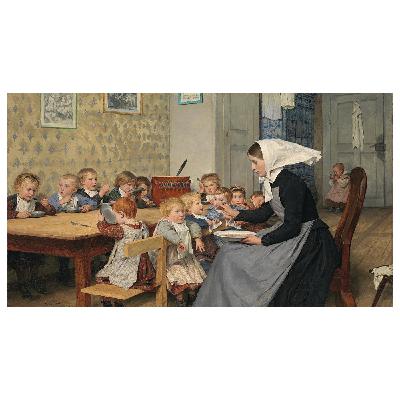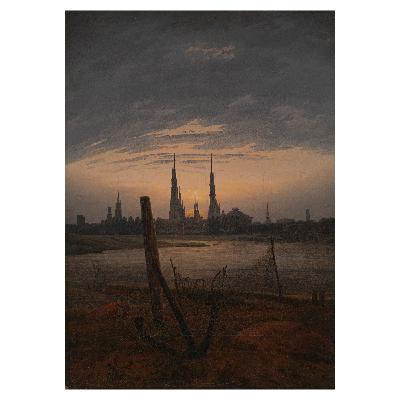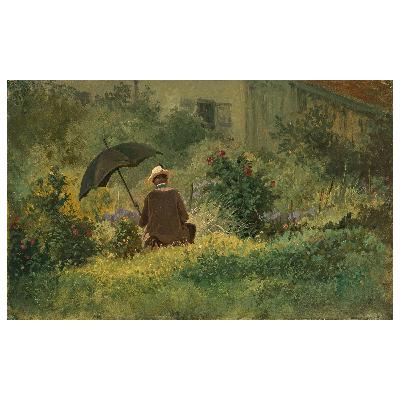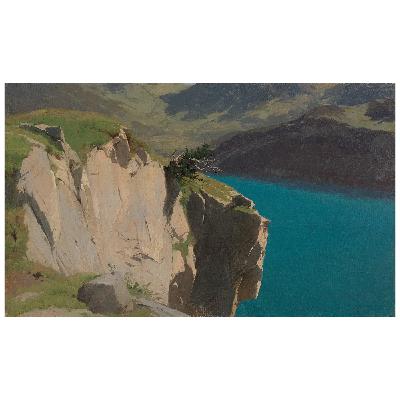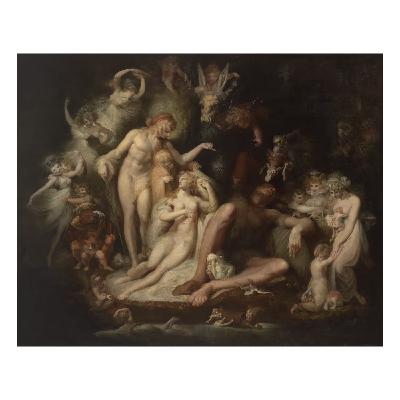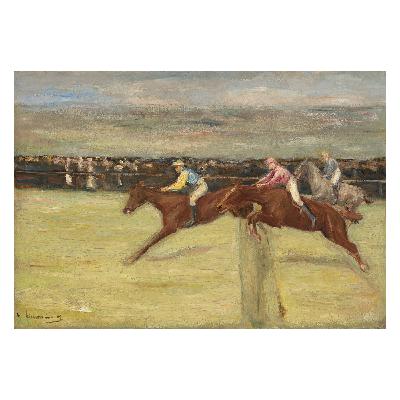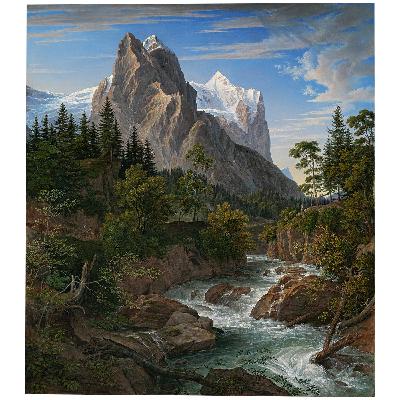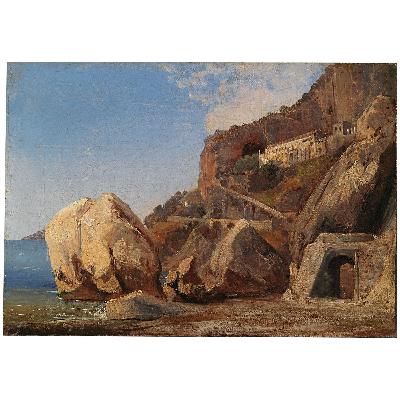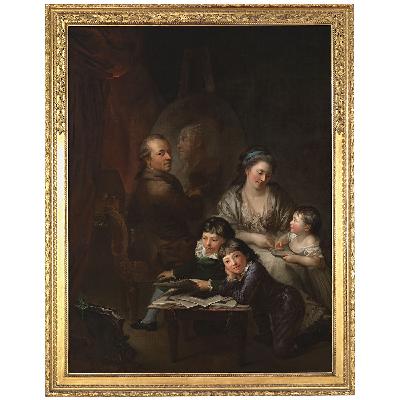Discover KMW | Reinhart am Stadtgarten EN
KMW | Reinhart am Stadtgarten EN

30 Episodes
Reverse
After the First World War, New Objectivity appeared as a counter-movement to wild Expressionism. As the name suggests, this is a very sober style. Things are depicted in a very ‹matter-of-fact› way. Niklaus Stoecklin from Basel was one of the first artists to revisit painterly traditions.
Albert Müller from Basel is considered one of the main representatives of Swiss Expressionism. He received his first artistic training in a glass-painting studio and at the trade school in his native city. At the age of 24, the local socio-cultural and political restrictions prompted Müller to move to the Canton of Ticino.
Giovanni Giacometti, the father of sculptor Alberto Giacometti was, together with Cuno Amiet, one of the first Swiss artists to take up the modern French trends of Impressionism, Post-Impressionism, and Fauvism and make them relevant for the Swiss art scene. In
Cuno Amiet was one of the great innovators of Swiss painting around 1900. Influenced by contemporary French art, he broke away from the tradition of the nineteenth century and overcame the dominant influence of Ferdinand Hodler.
«What I love most is the sun, after the sun spring, then the springs that gush crystal clear from the rocks in the Alps, that trickle in the veins of Earth and flow like the blood in our own veins.» This diary entry, written by Giovanni Segantini on January 1st, 1890, reads like the motif of our painting.
This Italian girl in the traditional costume of Procida marks the beginning of Louis-Léopold Robert's rise and success as a painter – a success that soon spread from France and Italy to Prussia and Russia.
Wilhelm Leibl had had enough of Munich and the often disparaging criticism of his work by the local art scene, so in 1873 he decided to retreat to the countryside. his change of location also changed his style of painting in terms of not only form, but also in terms of content.
The German artist Anselm Feuerbach was familiar with the classical texts and he also attended a performance of Christoph Willibald Gluck’s opera Iphigénie en Tauride in Munich. Above all, however, it was Goethe’s 1787 treatment of the story that was decisive for Feuerbach's portrayal. It was through Goethe’s drama that Iphigenia became a symbol of yearning for Greece.
Arnold Böcklin’s Pan in the Reeds tells a story of unfulfilled love. In his Metamorphoses, the Roman poet Ovid describes how Pan fell in love with the nymph Syrinx. However, she was repelled by his advances, fled and implored the gods for help. They responded to her plea and instantly transformed the nymph into reeds.
Geneva artist Jacques-Laurent Agasse specialised in depicting animals from a young age. Since he partly grew up in the countryside, he got to observe horses and dogs in their natural environment.
After his apprenticeship under Pieter Lastman, Rembrandt returned to his native Leiden in 1625 and began to intensively occupy himself with physiognomic representations. The Foot Operation is a wonderful example of this.
There is a popular anecdote about Albert Anker’s nursery school. It is said that the deaconess portrayed here was embarrassed about her dirty bonnet and asked the artist not to paint it. She quickly folded a fresh napkin and tied it around her head.
Caspar David Friedrich spent most of his life in Dresden. However, he was born in Greifswald on the Baltic Sea. Throughout his life, he remained closely connected to his North German roots and so the sea, harbours and depictions of the shore were among his favourite motifs.
The artist Carl Spitzweg did not devote his attention to the major events of his time. On the contrary, he focussed on small, familiar things, such as here in our garden picture. It shows the back of a man sitting under a parasol in the midst of lush green surroundings and about to paint a picture.
Although Alexandre Calame lived with a deformed foot and, after an accident, had only one eye, the painter often went hiking. At the age of 61, he ventured to the edge of steep cliffs near the Rütli to look out over Lake Lucerne and paint this spectacular picture.
When the Zurich citizen Johann Heinrich Füssli was asked to illustrate Shakespeare’s plays around 1786, he was already a star in London, where he had been living for a long time, calling himself Henry Fuseli. Just like today, in those days people enjoyed telling crazy stories about celebrities. It was reported that Fuseli ate bloody pork before going to bed and consumed a lot of opium to conjure up his dark visions.
In the German Empire, horse racing was part of the modern lifestyle. This was also the case in Berlin, the hometown of the artist Max Liebermann. Here, attending a horse race was one of the highlights of the social life of the aristocracy and bourgeoisie.
Joseph Anton Koch was known for his landscapes, for he did not show nature as a lovely idyll as usual, but as eerily beautiful.
With his landscapes depicting the fleeting and atmospheric, Carl Blechen was a pioneer of plein-air painting in German art.
Anton Graff was the most important portraitist of the German Enlightenment and stood out with his individual portrayal of each person.


